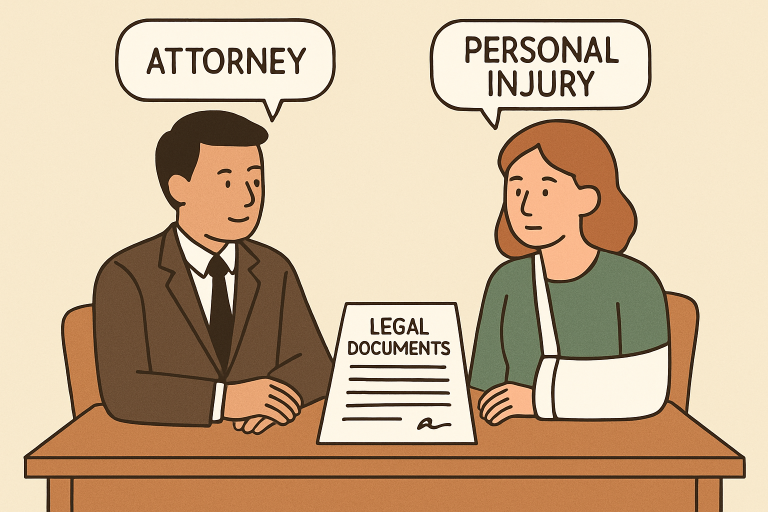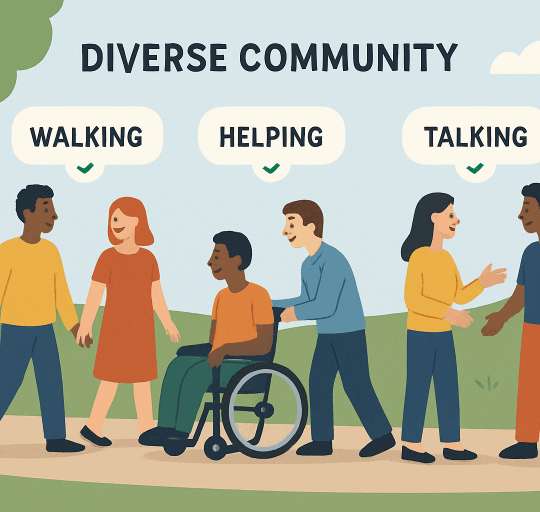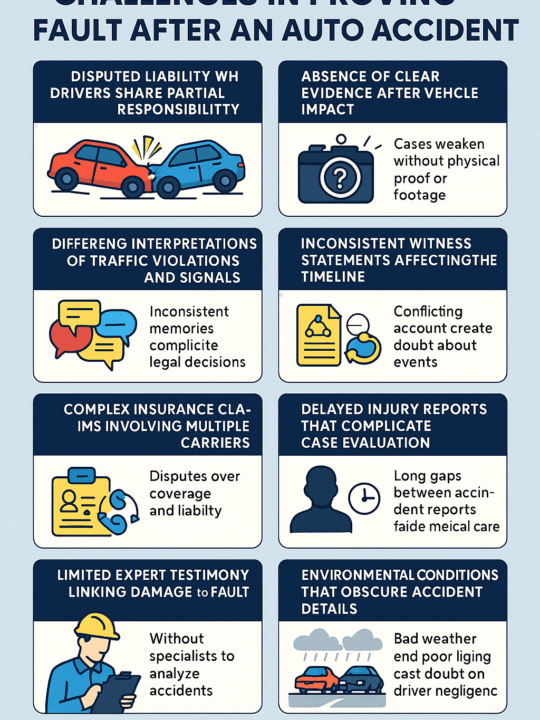Embarking on a personal injury lawsuit in Nevada can feel overwhelming, especially if you’re recovering from an accident. Knowing each step of the process and what to expect can bring relief and boost your confidence during an otherwise stressful time. Working with a trusted injury law firm plays a crucial role in safeguarding your legal rights and maximizing your potential recovery. This guide provides a roadmap for personal injury claims in Nevada, breaking down the process into clear stages to ensure preparedness and empowerment throughout the legal journey. It helps avoid common pitfalls.
Table of Contents
Initial Consultation and Case Evaluation
Every personal injury case begins with a confidential meeting between you and an attorney. During this consultation, you’ll share the specific details of your accident and injuries, and discuss the kind of compensation you may be entitled to. Nevada injury attorneys typically work on a contingency fee basis – meaning you pay nothing unless they win your case.
Your attorney will evaluate the merits of your claim, the evidence available, and potential legal strategies. This step is also your chance to ask questions and confirm that your attorney is a good fit for your needs and communication style. Preparation, such as bringing medical records or incident reports, can help your attorney assess your claim with greater accuracy.

Investigation and Evidence Gathering
After you hire an attorney, the next step is an in-depth investigation of your case. Gathering crucial documents—like police accident reports, medical bills, and employment records—forms the backbone of your lawsuit. Attorneys may also speak with witnesses, review surveillance footage, and consult with experts in fields such as accident reconstruction or medical care.
This investigative process determines key facts, such as how the accident happened, who was at fault, and the extent of your losses. Strengthening your case with solid evidence increases the chance of a successful settlement or trial verdict.
Filing the Lawsuit
If informal settlements don’t yield a fair offer, your attorney will formally file a complaint in court. This document describes your injuries, alleges who was negligent, and lists the damages being pursued. The defendant is served with the lawsuit and has a prescribed period to file a legal response. At this stage, the legal battle officially commences, and strict court procedures and deadlines must be adhered to.
Discovery Phase
Once the lawsuit is filed and the defendant has responded, both sides enter the discovery phase. Here, attorneys exchange evidence, take depositions under oath, and submit written questions called interrogatories. Requests for documents and medical examinations may also be made. Discovery is a detailed and sometimes lengthy process designed to ensure that both parties fully understand the strengths and weaknesses of each case.
The information revealed often drives the outcome—either encouraging a settlement, shaping pre-trial motions, or honing the arguments presented if the case goes to trial. That’s why thorough and honest responses during discovery are so crucial for claimants.
Settlement Negotiations
Many personal injury claims resolve without going to trial. During negotiations, both sides can propose offers and counteroffers. Mediation, overseen by a neutral third party, may help reach a compromise. Settlements offer certainty and faster results, but it’s vital to weigh offers carefully to avoid accepting less than you deserve. According to Digital Journal, many cases settle to avoid the unpredictability and costs of trial.
Trial Proceedings
If the settlement is unsuccessful, your case will proceed to trial. Trials involve opening statements, witness examinations, presentation of evidence, and closing arguments by your attorney and the defense. A judge or jury hears the evidence then makes a decision (the verdict) about liability and compensation. Trials can take days or even weeks, and the outcome rests heavily on the evidence presented.
Post-Trial and Compensation
If you win, the court will order the defendant to pay you compensation. This can include reimbursement for medical costs, lost income, pain and suffering, and even emotional distress. However, payment delays may occur if the defendant appeals—a process that can extend the resolution of your case by months or even years. Your attorney will guide you through post-trial motions and help protect your judgment from unwarranted challenges.
Statute of Limitations in Nevada
You have a limited window—typically two years from the date of the accident—to file your personal injury lawsuit in Nevada. Missing this deadline usually means forfeiting your right to pursue compensation. Notable exceptions may apply to minors and other unique circumstances; therefore, discuss your specific situation with an attorney as soon as possible.
Understanding the stages of a personal injury lawsuit in Nevada provides clarity and control during a challenging time. With the right attorney by your side, you can move forward confidently and pursue the justice and compensation you deserve.

